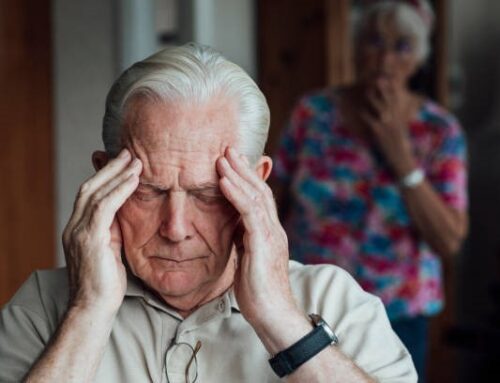Original article by Steve Heilig at Commonweal
In June the FDA states that fish from Alaska—closer to Japan—are “safe from radiation.”
It’s now more than three and a half years since the nuclear disaster in Japan, and concerns regarding the impacts continue. In Japan itself, the impacts have been huge and disastrous indeed, depending on location—and upon one’s source of information. Allegations of mismanagement, secrecy, and long-term impacts ranging up to the apocolypic continue. Beyond the more than 15,000 deaths tied to the earthquake, tsunami, and related destruction, the World Health Organization has estimated minimal actual radiation exposure, morbidity, and mortality. However, it is expected that people in the area most impacted may have a slightly higher risk of leukemia and thyroid and breast cancers.
Here in California, worries persist, especially among those with excess Internet access. Public reports have noted detectable radiation in tuna caught off the West Coast; in October, the esteemed Woods Hole Oceanographic Institution reported Fukushima radiation—mainly cesium—was nearing the West Coast, but also that the radiation is at very low levels that aren’t expect to harm human health or the environment. “I’m not concerned,” said the chemical oceanographer measuring the radiation.
In March, the Food and Drug Administration stated that there is “no evidence that radionuclides from the Fukushima incident are present in the U.S. food supply at levels that would pose a public health concern.”
In June the FDA states that fish from Alaska—closer to Japan—are “safe from radiation.”
Physicians for Social Responsibility, the leading antinuclear organization with a focus on health, has stated that risks here are not a real cause of worry, although further disasters at Fukushima could alter that opinion. In a webinar on Fukushima’s impacts presented by the SFMS and the Collaborative on Health and the Environment last year, a leading nuclear physicist, the PSR president, and a Marin physician all concurred that residents on California’s coast did not have reason to worry. The clinician said she feels that the benefits of eating fish outweigh any suspected risk. However, one physician with much expertise in environmental health has recently noted, “I’d avoid eating fish caught in Japan…especially sushi.”
Of course, the other important and ongoing debate about fish safety concerns mercury. The FDA this month issued draft guidelines for pregnant women and young children stating “Eat 8 to 12 ounces of a variety of fish (or shellfish) each week from choices that are lower in mercury. The nutritional value of fish is important during growth and development before birth, in early infancy for breastfed infants, and in childhood.” Some experts immediately questioned this increased “dosage” as being potentially hazardous, and the final recommendations are in flux.



